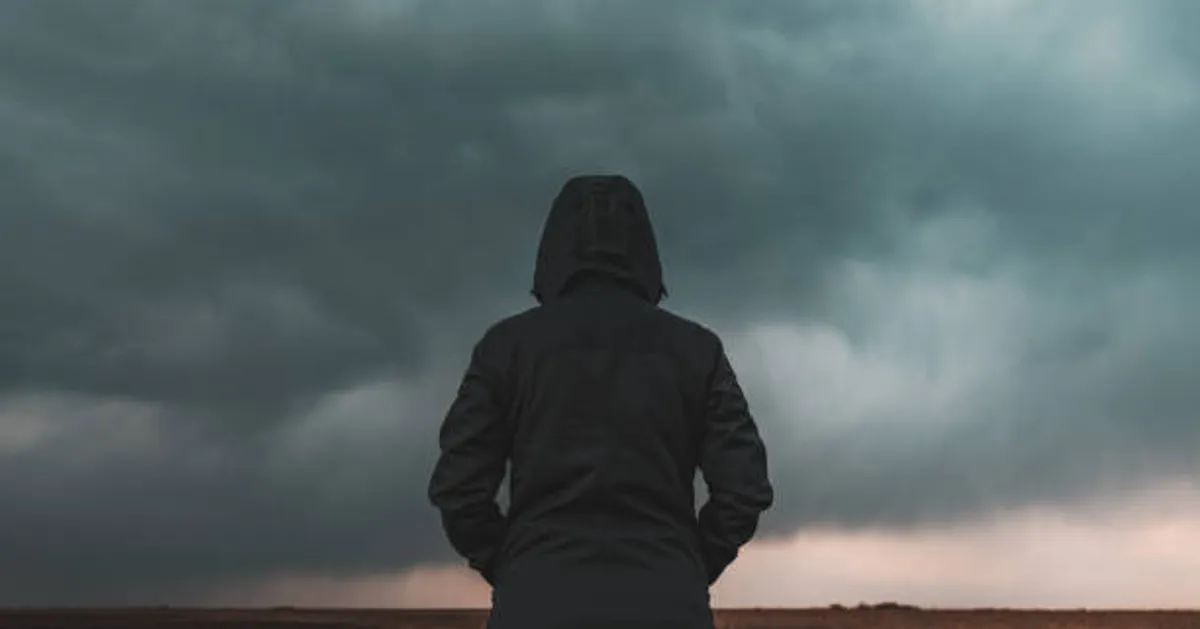Climate Anxiety: How Environmental Change Is Affecting Wellbeing

GeokHub

As wildfires, heatwaves, and floods dominate headlines, another crisis is quietly growing — inside people’s minds. Across the globe, psychologists report a surge in “climate anxiety”, a term describing the fear, sadness, and helplessness linked to environmental change.
For many, the planet’s instability feels deeply personal. It’s not just about saving the Earth anymore — it’s about protecting their future, families, and peace of mind.
Understanding Climate Anxiety
Climate anxiety isn’t classified as a mental disorder, but it’s a real and growing emotional response. According to the American Psychological Association (APA), it refers to chronic fear of environmental doom — often intensified by exposure to alarming news and social media.
Young people, especially those aged 16 to 30, report the highest levels of climate-related distress. A Lancet study found that over 60% of young adults feel extremely worried about climate change, and more than half believe humanity is “doomed” if drastic action isn’t taken soon.
This persistent worry can manifest as:
- Sleep problems or restlessness
- Difficulty concentrating
- Feelings of grief or guilt
- Hopelessness about the future
While occasional concern is natural, unchecked anxiety can interfere with daily life — from academic performance to long-term decision-making.
Why the Mind Reacts So Strongly
Humans are wired to respond to immediate threats — but climate change is slow-moving and global, making it harder to process. The brain interprets ongoing uncertainty as danger, activating the stress response system repeatedly.
Over time, this keeps cortisol levels elevated, which can fuel anxiety, depression, and fatigue.
Moreover, constant exposure to devastating environmental images — melting ice caps, burning forests, displaced families — reinforces feelings of helplessness and despair.
As psychologist Caroline Hickman explains, “People aren’t just reacting to the science — they’re reacting to the loss of safety, identity, and belonging that climate change represents.”
The Social Dimension of Climate Distress
Beyond the individual, climate anxiety also affects communities. Displacement caused by rising sea levels or extreme weather leads to eco-grief — the mourning of lost homes, traditions, or local environments.
Farmers facing unpredictable seasons, or families rebuilding after natural disasters, often experience trauma that outlasts the event itself.
In urban areas, eco-anxiety is amplified by the constant digital cycle of bad news — where every scroll brings another headline about crisis. This constant exposure deepens feelings of guilt (“I’m not doing enough”) or paralysis (“It’s already too late”).
Coping Strategies: Turning Anxiety Into Action
Experts emphasize that climate anxiety isn’t something to erase — it’s something to channel. Here are proven ways to manage it:
1. Limit News Overload
Stay informed, but not consumed. Set specific times for reading environmental news and avoid doomscrolling before bed.
2. Connect with Nature
Spending time outdoors — even brief walks or gardening — helps restore emotional balance. Nature immersion lowers stress hormones and reinforces a sense of connection rather than despair.
3. Take Local Action
Small, visible efforts such as joining community clean-ups, reducing plastic use, or supporting sustainability projects create a sense of empowerment. Action counteracts helplessness.
4. Talk About It
Join climate support circles or therapy groups. Sharing your concerns normalizes the experience and helps transform fear into motivation.
5. Balance Activism with Rest
Burnout is real in environmental activism. Schedule regular breaks from advocacy work to avoid emotional exhaustion.
How Governments and Communities Can Help
Addressing climate anxiety requires systemic support — not just individual coping. Mental health programs, educational campaigns, and transparent environmental policies can reduce uncertainty and strengthen collective resilience.
Some universities now include “eco-emotional education,” helping students navigate the psychological impact of climate change. Meanwhile, organizations like Climate Psychology Alliance offer resources for therapists treating climate-related stress.
A New Kind of Resilience
Climate anxiety reveals something deeper: people care. The fear many feel today stems from empathy and connection to the planet. Recognizing that emotional bond — and transforming it into mindful action — can turn distress into strength.
As Hickman notes, “Feeling anxious about climate change doesn’t mean you’re weak — it means you’re awake.”








